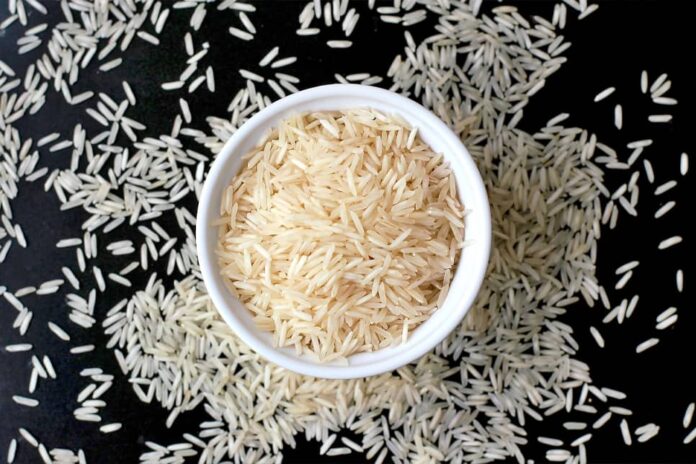Abid by an Indian heritage foundation to patent basmati rice on the basis of geographical indication (GI) status was rejected in July.
V Ravi, the controller general of patents, designs and trademarks and a seven-member consultative group from the Ministry of Commerce and Industry rejected the application filed by Karnal, a Haryana-based trust, mainly composed of rice millers and exporters.
Filed in 2004, the bid was rejected due to flaws and lack of relevant data. The foundation could not provide specifications of the product, its identity and the geographical area where it is grown.
Designated GIs enjoy protection under World Trade Organization norms.
A GI status for basmati rice, grown in Punjab and Haryana, would identify it globally as unique for qualities exclusively attributed to the place of its origin and confer legal protection against unauthorized use of the name by other rice producers. The status would mean that only the variety grown in India would qualify to be called basmati.
Darjeeling tea was previously granted GI status and there had been intense pressure to achieve the same protection for basmati rice.
The legal battle over the registration of basmati rice has been fought between Indian companies and their foreign competitors, in particular US-based RiceTec, which was granted a controversial patent in September 1997 on “basmati rice grains and lines”.
India challenged the patent and RiceTec was forced to surrender most of its claims. The US Patent and Trademark Office later prohibited RiceTec from using the term “basmati” and restricted the scope of the patent to three specific rice strains developed by the company that are unrelated to the Indian varieties.
“India cannot afford to delay the process of registering basmati as a GI in the light of the RiceTec episode,” Anoop Narayanan, a partner at Majmudar and Co, a firm that specializes in intellectual property, told India Business Law Journal. “We should be much more pro-active in deciding the registration of basmati as a GI.”
Karnal is entitled to appeal the decision before the Intellectual Property Appellate Board.

























